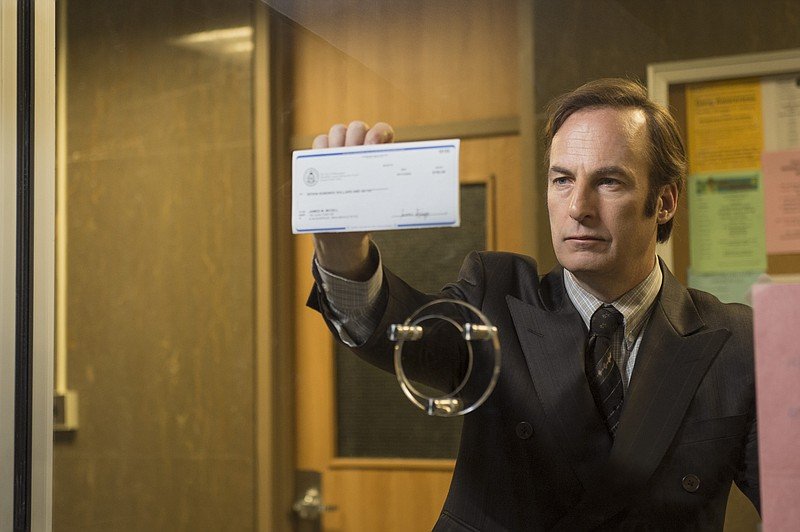When a dispute arises over a patent, the consequences can be significant—impacting ownership, market share, and long-term business value. Whether you’re defending your patent rights or facing a claim of infringement, having a knowledgeable patent lawyer by your side is essential. Their expertise ensures your interests are protected while navigating the complex legal and technical aspects of a patent dispute.
Understanding Patent Disputes
Patent disputes can take several forms. The most common involve infringement claims, where one party accuses another of using a patented invention without permission. Other disputes may involve challenges to the validity of a patent, ownership conflicts, or disagreements over licensing terms.
These disputes can occur in courts, at patent offices through opposition proceedings, or in alternative dispute resolution forums like arbitration. Each path requires a different strategy, and a patent lawyer knows how to approach them effectively.
Initial Assessment and Strategy
When a dispute arises, the first step a patent lawyer takes is a thorough evaluation. They review the patent at the center of the conflict, compare it with the allegedly infringing product or process, and assess the technical and legal strength of the claims.
This assessment includes analyzing the patent’s claims, prior art, and prosecution history. Based on this, the lawyer develops a clear strategy—either to defend the patent, assert it against another party, or prepare a defense if you’ve been accused of infringement.
Infringement Analysis
One of the most critical tasks in a dispute is determining whether an infringement has occurred. A patent lawyer performs a claim chart analysis, comparing the specific language of the patent claims to the features of the accused product or process.
This detailed analysis is used to establish whether there is a strong case of infringement or whether a solid defense can be built based on differences. In many cases, these findings shape how negotiations or litigation proceed.
Handling Cease-and-Desist Letters
Patent disputes often begin with a cease-and-desist letter. If you receive one, a patent lawyer helps you understand its implications and prepares a response that protects your interests. They may negotiate a settlement, propose design changes, or challenge the validity of the opposing patent.
If you are the one sending such a letter, your lawyer ensures the communication is legally sound and positions you for further action if the other party refuses to comply.
Litigation and Court Representation
If a dispute escalates to court, a patent lawyer manages all aspects of litigation. This includes filing complaints or responses, handling discovery, working with expert witnesses, and representing you during hearings or trials.
Patent litigation is highly specialized, involving both legal arguments and technical details. A skilled lawyer presents evidence clearly and persuasively, ensuring your case is effectively communicated to judges or juries who may not have technical backgrounds.
Administrative Proceedings and Invalidity Challenges
Sometimes, patent disputes are handled outside of court through administrative proceedings. This could involve a post-grant review, inter partes review, or opposition proceedings at the patent office.
A patent lawyer prepares and presents arguments to defend the validity of your patent or to challenge another party’s patent. These proceedings can be quicker and less costly than court trials and are often a preferred route for resolving disputes.
Negotiation and Settlement
Not all patent disputes go to court. In fact, many are resolved through negotiation and settlement. A patent lawyer plays a key role in these discussions, seeking favorable outcomes while minimizing risk and cost.
Settlements might include licensing agreements, cross-licensing arrangements, or compensation for past infringement. A lawyer ensures that all terms are clear, enforceable, and protect your future interests.
Preventing Future Disputes
After resolving a patent dispute, a patent lawyer often helps you strengthen your intellectual property strategy. This may include refining patent filings, improving documentation, or updating licensing agreements to reduce the chance of future conflicts.
They also provide advice on how to monitor competitors, enforce your rights proactively, and maintain strong legal protections for your innovations.
Conclusion
Patent disputes can be complex and high-stakes, but a patent lawyer brings the knowledge and strategy needed to handle them effectively. Whether through negotiation, litigation, or administrative proceedings, their support ensures your rights are defended and your innovations remain protected. With the right legal guidance, you can navigate patent conflicts with confidence and focus on growing your business.






